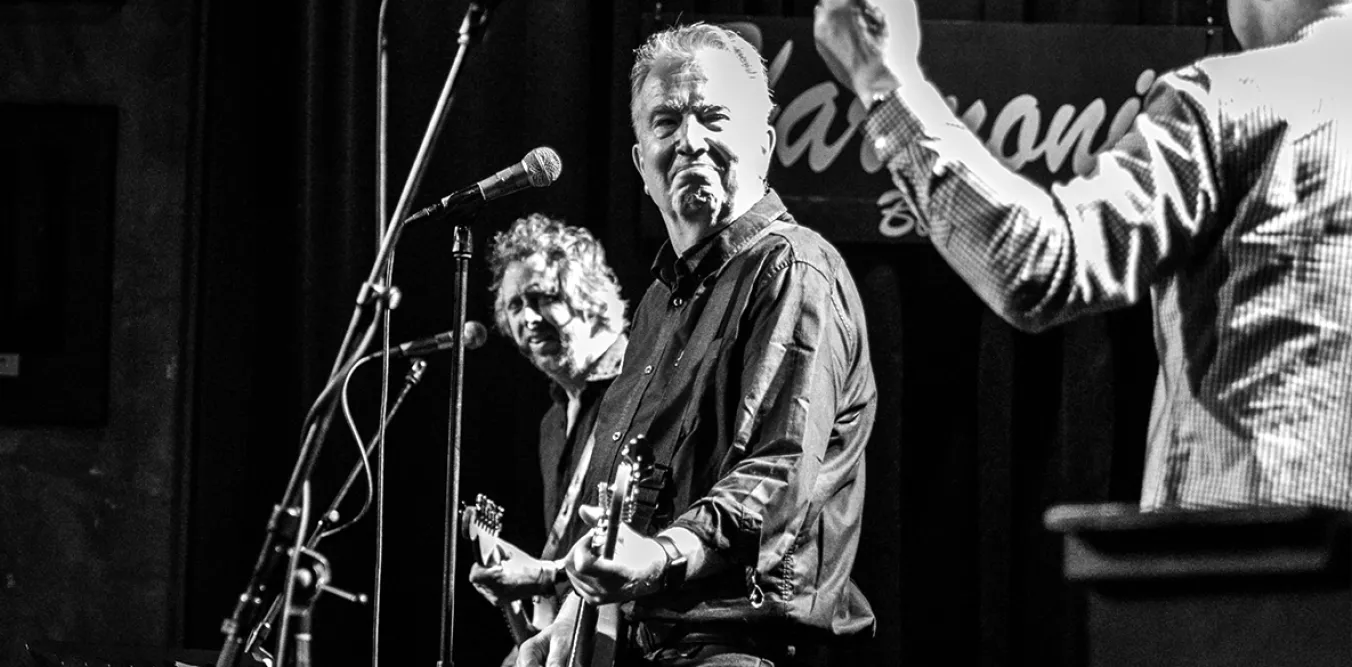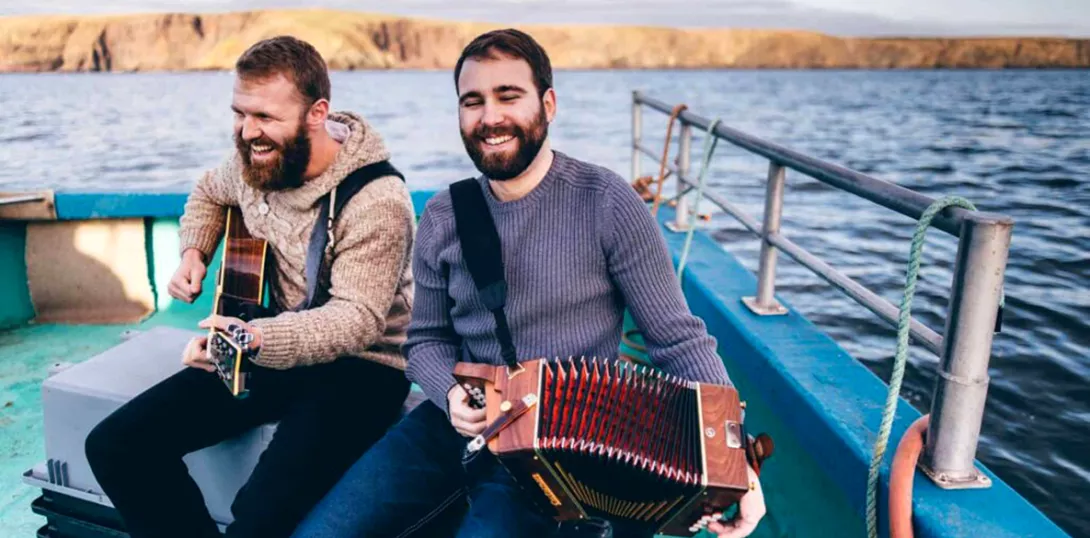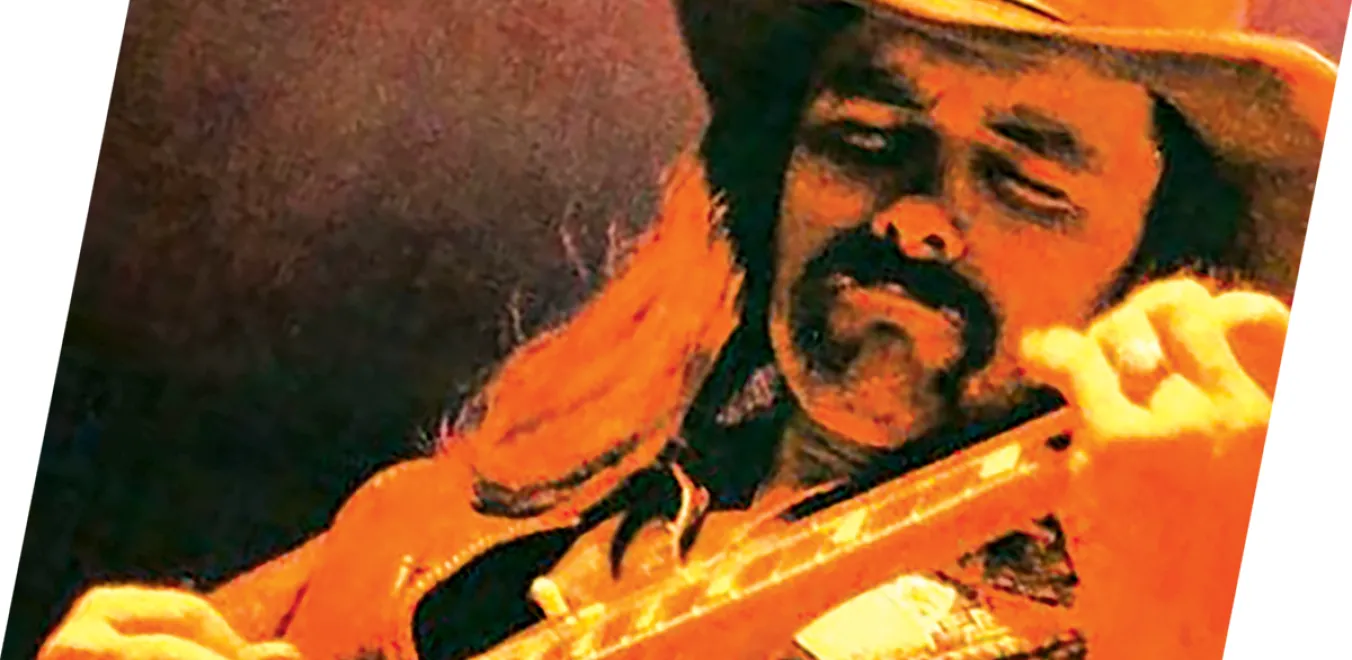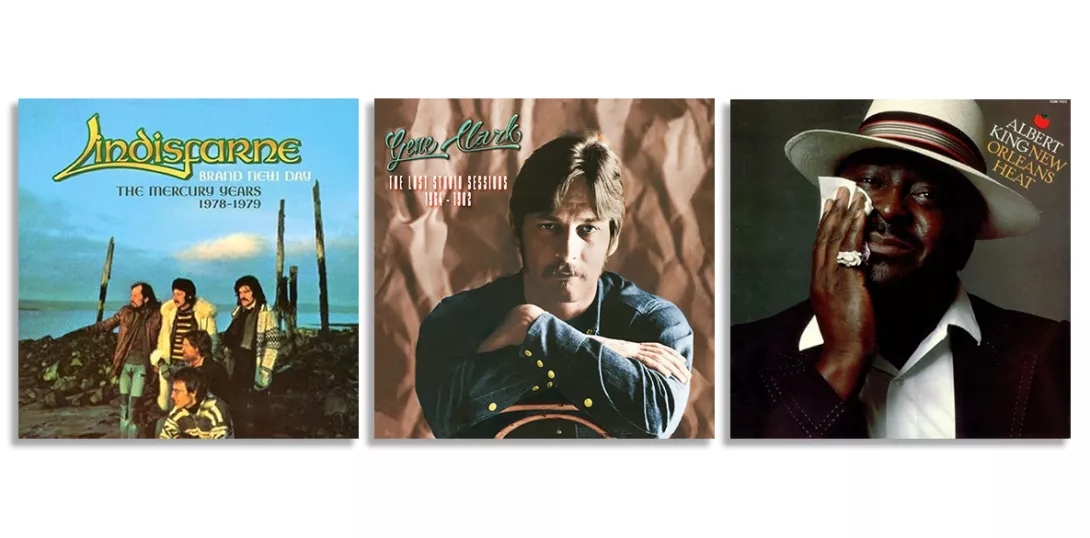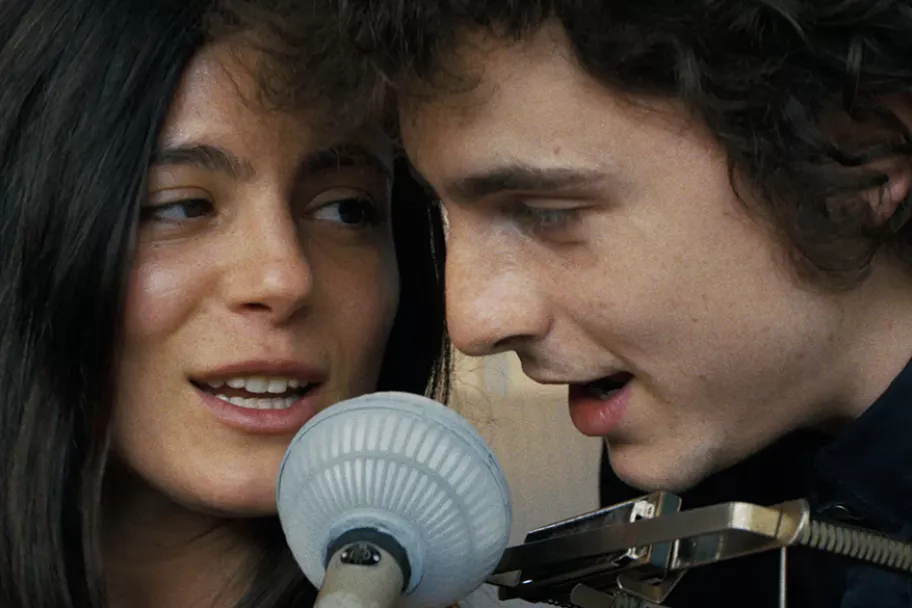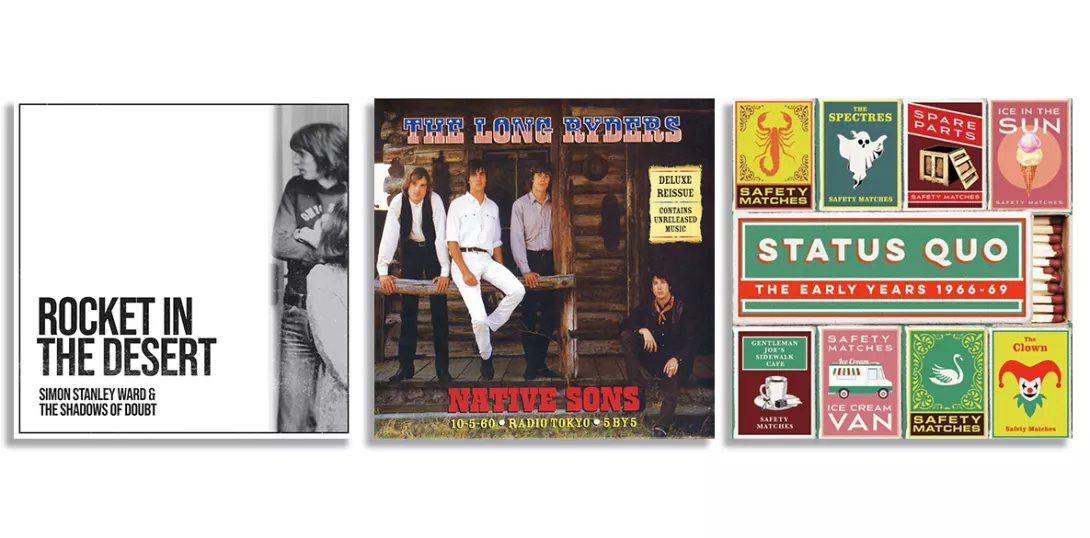
Simon Stanley Ward & The Shadows of Doubt,
Rocket in the Desert (Self Released)
★★★★
A FEAST of literate and expertly executed English Americana from one of the country’s most richly rewarding songwriters, adding to the excellent body of work that he’s assembled during the past decade or so.
Ward’s fine band The Shadows of Doubt also deserve a mention in dispatches for their eloquent contribution to one of the most impressive albums that you’ll be likely to hear in this or any other year, with stand-out tracks such as When September Comes, Terpsichorean Footwear and Rocket in the Desert itself supplying an ideal introduction to the supremely gifted Ward’s engaging brand of music-making.
The album also marked the final appearance on record of talented bass player Geoff Easeman, whose contributions were captured for posterity in an NHS hospice shortly before his untimely death last year.


